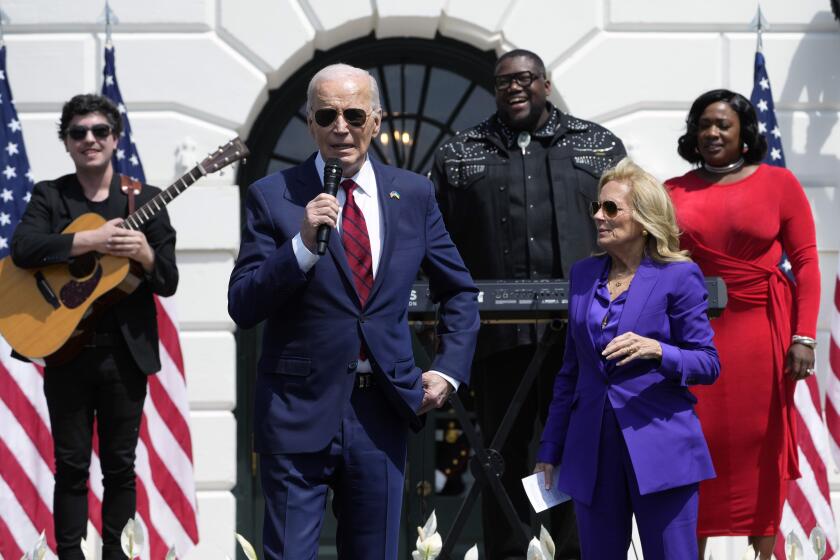Mexico top Chile 3-1 in friendly
President Jair Bolsonaro needs to prioritize governing Brazil over spending time on Twitter , the powerful speaker of the lower house of Congress says in an interview published Saturday in O Estado de Sao Paulo newspaper.
Rodrigo Maia, who threatened earlier this week to walk away from the effort to get Bolsonaro’s controversial pension overhaul approved, urged the far-right head of state to take responsibility for his own agenda.
“The president needs to assume the leadership, to be more proactive. His discourse is: ‘I am against the (pension) reform, but I have been forced to send it because otherwise Brazil goes bankrupt.’ He sends signals of insecurity to parliament,” Maia said.
Noting that Bolsonaro’s party has nowhere near the votes needed to pass the constitutional amendment on pensions, the speaker called on the president to “construct a dialogue with parliament, with the leaders, with the parties.”
“I am issuing an alert: if the government does not organize its base, if it does not build dialogue with the legislators, it’s going to be very difficult to approve the pension-system reform,” Maia said.
To become law, the proposal must secure 60 percent of the votes in both the lower house and the Senate on a first and second reading.
Maia accused Bolsonaro of seeking to make the congressional leadership responsible for the fate of the amendment, which the government says will result in a savings of $265 billion over the next decade.
The speaker also rebuffed criticisms directed at him on social media by Bolsonaro’s sons and other supporters of the president.
“Brazil needs to get off Twitter and move toward real life,” Maia said.
Bolsonaro, like US President Donald Trump, prefers to communicate via social media.
“Nobody gets a job, a spot in school or in daycare thanks to Twitter. We need for the country to have a project again. What is the project of the Bolsonaro government beyond reform of the pension system?” Maia asked.
“The government is a desert of ideas,” the house speaker said.
The proposed constitutional would raise the minimum retirement age and eliminate an option that allows workers to collect a pension solely on the basis of their number of years of contributions.
It also lays the groundwork for the creation of an alternative system of employee-funded individual savings accounts.
The administration’s goal is to encourage the vast majority of Brazilians to gradually switch away from the current regime, in which the public social security system receives contributions from both employees and employers, and opt instead for a new “capitalization system,” in which each worker’s retirement income will depend on his or her own pension savings.
Currently, Brazilian workers are eligible to retire with a full pension if they meet the minimum age requirement (65 for men, 60 for women) or if they have contributed to social security for a minimum number of years (35 for men, 30 for women).
Bolsonaro’s plan would keep the minimum retirement age for men at 65 but raise it to 62 in the case of women.
However, individuals would no longer be eligible to receive a pension based on years of contributions if they are below the minimum age.
On Friday, Brazil’s main labor federations organized nationwide protests against the pension proposal. Demonstrations took place in each of the country’s 27 state capitals and in dozens of other cities.
“Today begins a great mobilization of the country against that project for the destruction of social provision,” former leftist presidential candidate Guilherme Boulos said at the event in Sao Paulo, which brought together some 70,000 people.
Bolsonaro’s initiative draws its inspiration from the pension system imposed in Chile during the 1973-1990 dictatorship of Gen. Augusto Pinochet.
“Look what happened in Chile, which is their exemplary model, and today in Chile 80 percent of retirees receive less than the minimum wage,” Boulos said. “That is the project - destroy social provision - and people are beginning to notice and perceive it.”
The economy minister in the Bolsonaro administration, Paulo Guedes, is an acolyte of free-market apostle Milton Friedman (1912-2006) and taught at a Chilean university during the Pinochet era.



